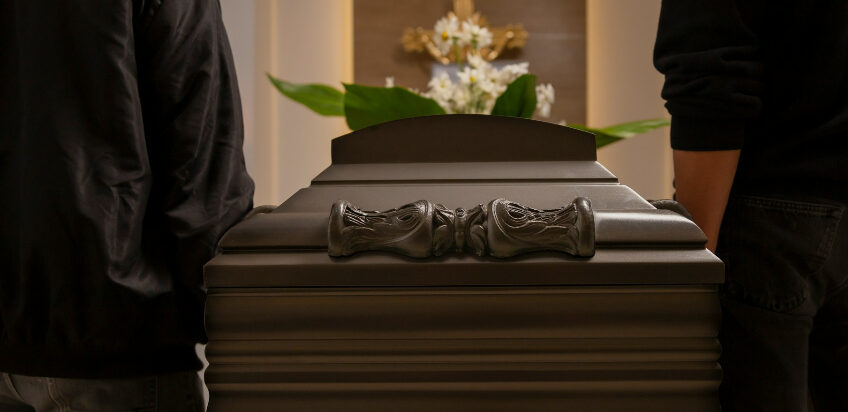The death of a loved one is one of the most painful experiences a family can face. In addition to the emotional toll, families are often left with significant financial burdens, including funeral and burial expenses. These costs can quickly add up—covering everything from the casket to cemetery fees—and may put unexpected strain on surviving relatives. In New Jersey, state law allows eligible family members to recover these expenses as part of a wrongful death claim or other related action. Understanding your rights and the process for pursuing compensation is an important step toward easing the financial impact of your loss.
Funeral and Burial Costs Can Be Substantial
According to the National Funeral Directors Association, the average cost of a funeral in the United States can exceed $7,000, not including additional expenses such as flowers, transportation, or memorial services. Families may also face costs for burial plots, headstones, cremation fees, and reception arrangements. When a death occurs suddenly due to negligence—such as a car accident, workplace incident, or medical malpractice—these expenses can come as a devastating financial shock.
Wrongful Death Claims and Funeral Expenses
In New Jersey, funeral and burial costs are recoverable damages in a wrongful death claim. A wrongful death claim is a civil lawsuit brought against the person, business, or entity responsible for the death.
The lawsuit must be filed by the executor of the deceased person’s estate (or an administrator appointed by the court if there is no will). The claim can seek reimbursement for reasonable funeral, burial, or cremation expenses that were paid by the family or the estate.
What Is Considered Reasonable?
New Jersey courts generally require that funeral and burial expenses be reasonable in relation to the deceased person’s lifestyle and financial circumstances. This does not mean families must choose the cheapest option, but extravagant or unusually high costs may not be fully reimbursed. Documentation is essential—families should keep all receipts, invoices, and contracts related to funeral and burial services.
Survival Actions and Additional Claims
In addition to wrongful death claims, funeral expenses may also be included in survival actions or insurance claims. A survival action compensates the estate for losses suffered by the deceased person before death, such as medical bills or lost wages, but it can also include certain expenses incurred by the estate.
Auto insurance policies, workers’ compensation benefits, or other coverage may also provide partial reimbursement, depending on the circumstances of the death.
Proving Funeral Expenses
To recover funeral and burial costs, you will need to present:
- Itemized bills and receipts for services
- Proof of payment by the estate or family member
- The death certificate and, if applicable, evidence of the defendant’s liability
Your attorney can include these expenses as part of the overall damages sought in the lawsuit and negotiate with insurers or opposing counsel to ensure full reimbursement.
Time Limits for Filing
Wrongful death claims in New Jersey must generally be filed within two years of the date of death. Missing this deadline may prevent recovery of funeral expenses entirely. Acting quickly allows your attorney to collect evidence, calculate damages, and file within the statute of limitations.
Conclusion
Funeral and burial expenses can create significant financial hardship after an unexpected death, but New Jersey law allows families to seek reimbursement from the party responsible. By filing a wrongful death claim and keeping detailed documentation of all costs, you can recover the money spent on laying your loved one to rest. Consulting an experienced wrongful death attorney can help ensure that funeral expenses are included in your claim and that your family receives the compensation needed to cover both immediate costs and long-term financial losses.
